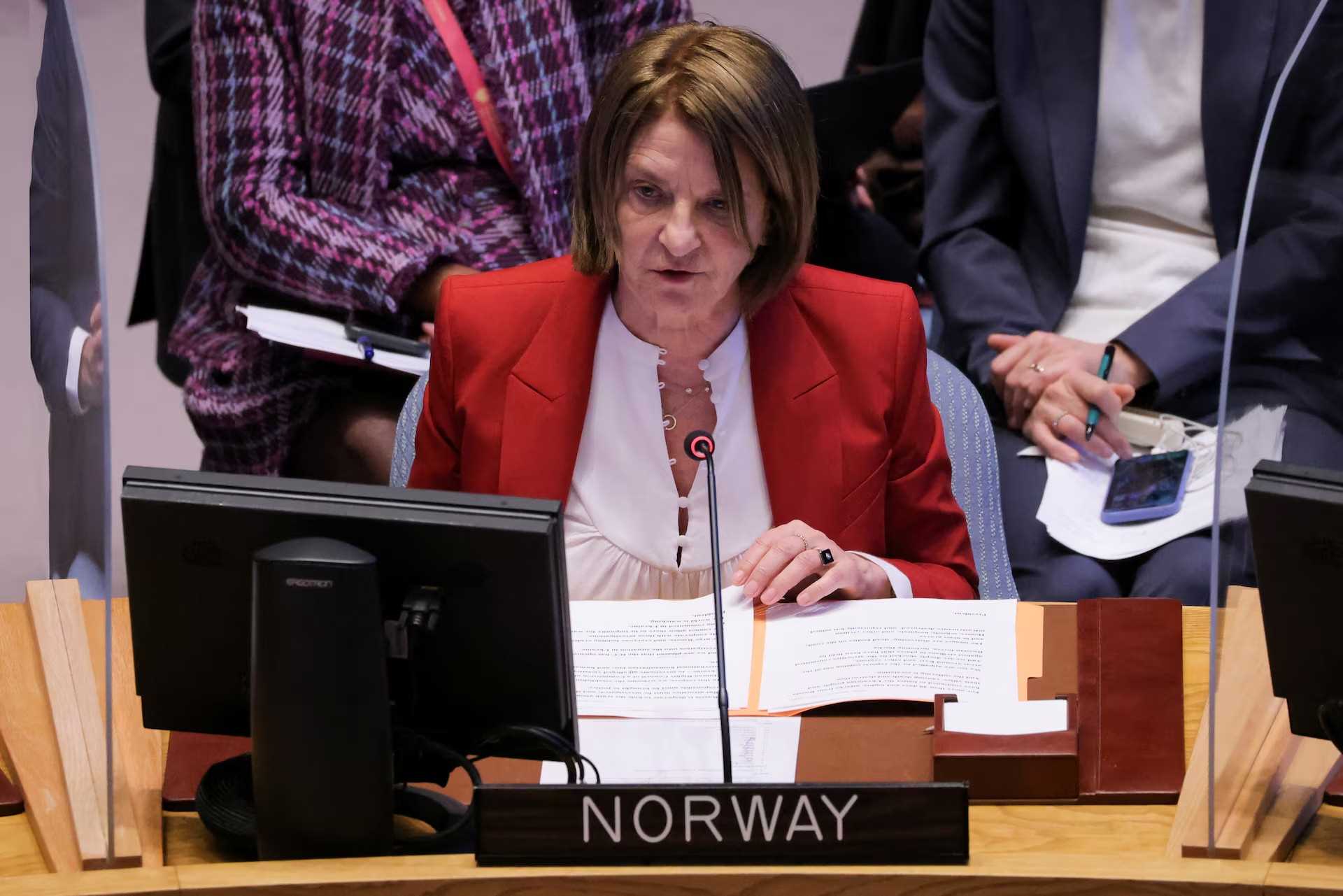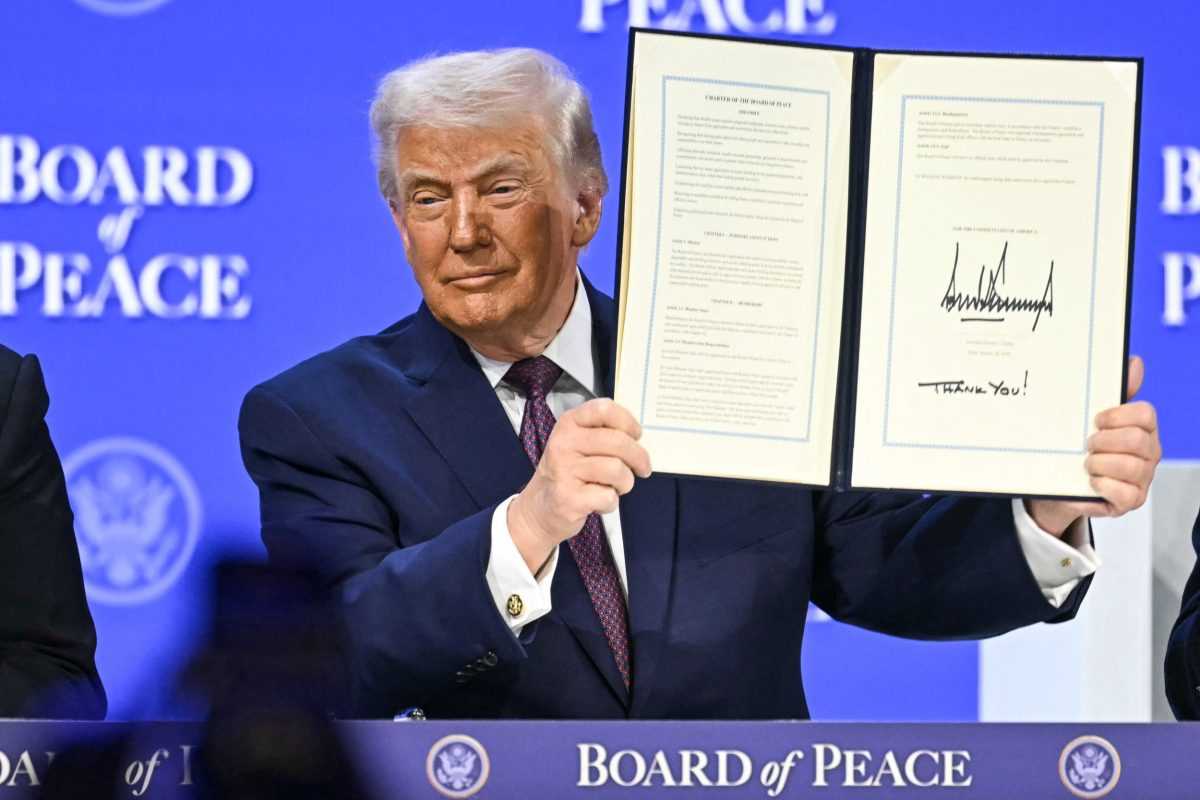
Zim Now Writer
As Mexico prepares for its first-ever judicial elections set for June 1, controversy surrounds several candidates, raising serious concerns over the integrity of the process and the future of the country’s rule of law.
Among the most notable is Silvia Delgado, a former defense attorney for Sinaloa Cartel boss Joaquin "El Chapo" Guzman. Delgado, now a candidate for a criminal judge position, was seen distributing campaign materials in Ciudad Juarez.
A single mother of four who put herself through law school, Delgado is upfront about her past legal work. She views her role in El Chapo’s defense as a professional duty and a significant career opportunity. “I'm not corrupt,” she said.
“They can't burn you for having represented someone.” Delgado insists she acted with integrity, noting that her advocacy—including filing a petition to get El Chapo a blanket in prison—was consistent with her responsibilities as a lawyer. She has had no contact with Guzman’s legal team since the case ended but did help his wife take their children to the United States.
However, Delgado is not alone in drawing scrutiny. Leopoldo Chavez, a candidate for federal judge in the state of Durango, was convicted in the United States for smuggling over four kilograms of methamphetamines in 2015.
He served nearly six years in prison. Durango is part of the Golden Triangle, a region notorious for cartel activity. Chavez, speaking via Facebook, said he has nothing to hide and has paid his dues, but he declined to comment further.
In Jalisco, another candidate, Francisco Hernandez, is seeking to return as a criminal magistrate despite having been previously dismissed from the judiciary after an investigation into allegations of sexual abuse and corruption. Hernandez denies the charges, calling them slanderous and saying voters should be the judge of his fitness to serve.
Similarly, Fernando Escamilla, who is running for a federal criminal judge position in Nuevo Leon, defends his past legal advisory work for members of the violent Los Zetas cartel. Escamilla argues that his deep understanding of extradition law, gained through this experience, makes him well-qualified for the role. “Does being an advisor on international or extradition law give you a bad public reputation?” he asked. “I don’t think so.”
Related Stories
These candidacies are being put forth under a judicial reform initiative pushed by former President Andres Manuel Lopez Obrador and supported by current President Claudia Sheinbaum. Promoted as a way to root out corruption in the judiciary and democratize the selection process, the reform allows Mexican citizens to elect judges directly.
It reduces the number of Supreme Court justices from 11 to nine, cuts their terms to 12 years, abolishes the minimum age requirement of 35, halves the required legal experience to five years, and removes some judicial worker benefits. It also creates a five-member disciplinary tribunal to oversee a judiciary of 50,000 people.
Despite these intentions, the reform has triggered backlash from civil society groups, judicial associations, and lawmakers. Critics warn that this sweeping overhaul could open the door for organized crime groups to gain influence over the judiciary. Defensorxs, a Mexican rights group, has identified about 20 candidates with criminal histories, corruption allegations, or cartel links.
The Judicial Electoral Observatory, a coalition of NGOs, has raised alarms about over 130 candidates likely to win unopposed and flagged ballots so confusing that voters may struggle to make informed decisions.
Adding to the tension is the refusal of most sitting Supreme Court justices to participate in the elections, opting instead to resign. The Mexican association of judges and magistrates, JUFED, has called the election dangerous, warning that criminal groups could infiltrate the judiciary.
“There is a serious risk that criminal interests or people representing them could become involved,” said JUFED national director Juana Fuentes.



















Leave Comments